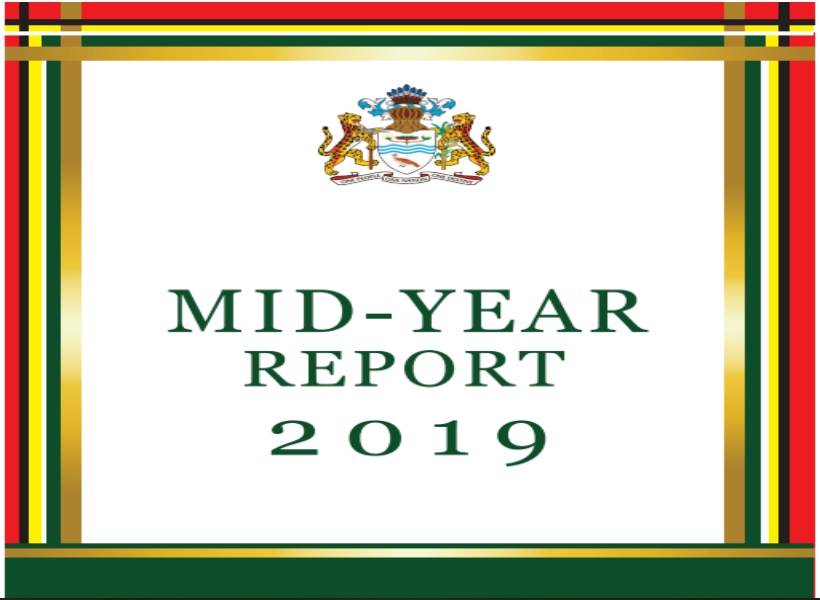The influx of immigrants to Guyana has the potential of crowding out the employment of local workers across several sectors and creates pressure in the labour market, the 2019 Mid-Year report states.
This revelation comes at a time when several sections of society are making calls for the rollout of a local content policy to ensure that Guyanese can fully benefit from the oil and gas sector.
Head of the Department of Energy, Dr Mark Bynoe, had announced at the end of July this year that the citizenry would soon be able to view the final draft of the policy within two weeks. However, three weeks have since elapsed.
Leader of the Opposition Bharrat Jagdeo recently called on the government to set in place not just any policy but a robust one, which he contends will safeguard Guyanese from becoming “second-class” citizens.
“Before the government changes, almost all of the opportunities for our people will be gone. I see the taxi companies coming in here from abroad…Tons of things. There is no local content policy. We will become second-class citizens in this country because this government doesn’t care, is not looking out for Guyanese,” he said at a press conference less than two weeks ago.
Meanwhile, Finance Minister Winston Jordan noted that while having a local content policy is important for an oil-developing state like Guyana, its citizenry should not wait for it to be implemented. He advised that persons should instead go forth and get in on the action because while companies that come here to invest are also waiting for the policy to be completed, they are moving ahead.
According to Tullow Oil, local content is a term used in the Oil and Gas industry to describe the commitment to build on the capacity and capability of local people and businesses to support the long-term development of the emerging sector.
From January 2019 to July 30, 2019, there were 45,944 arrivals of Americans; 2,980 arrivals of Barbadians; 5,048 arrivals of Brazilians; 2,548 of British nationals; 12,259 arrivals of Canadians; 1,995 arrivals of Chinese; 41,272 arrivals of Cubans; 679 arrivals of Indians; 2,900 arrivals of Surinamese; and 11,119 arrivals of Trinidadians, Minister of Citizenship Winston Felix had noted earlier this month.
ADDITIONAL DEMANDS ON TREASURY
According to the report, the influx of immigrants has created additional demands on the Treasury as the government seeks to ensure that appropriate systems are in place to register migrants, especially Venezuelans, so that they have access to basic social services.
At the end of February of this year, there were 5,123 documented Venezuelan migrants in Guyana, the National Multi-Sectoral Coordinating Committee had reported.
Resources have already been diverted to provide shelter, food, and medication to Venezuelans now residing in various parts of the hinterland after fleeing the economic crisis gripping their homeland.
According to the report, the Guyana Government, through the Multi-Agency Coordinating Committee for Migration, continues to monitor the situation closely in order to assess and address potential socio-economic threats and risks.













